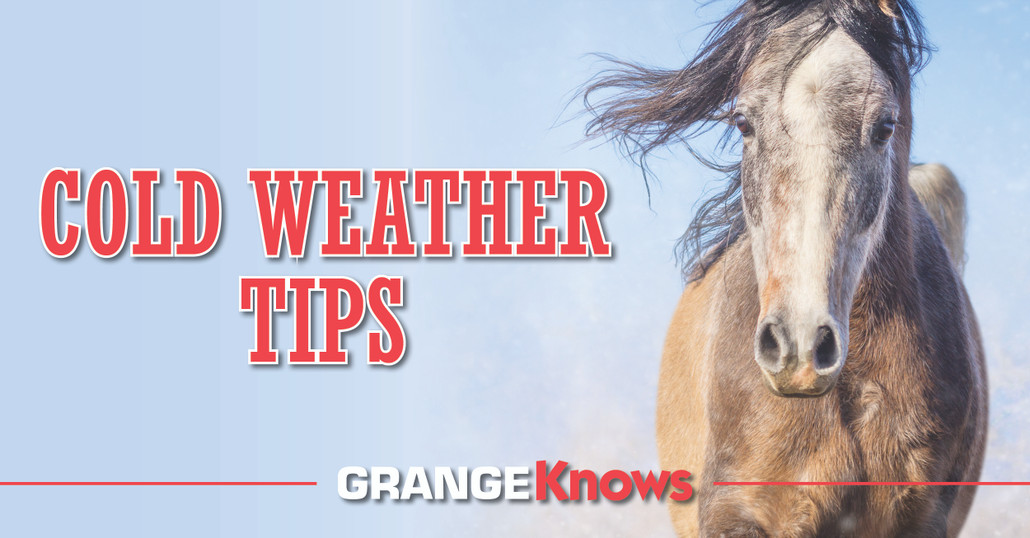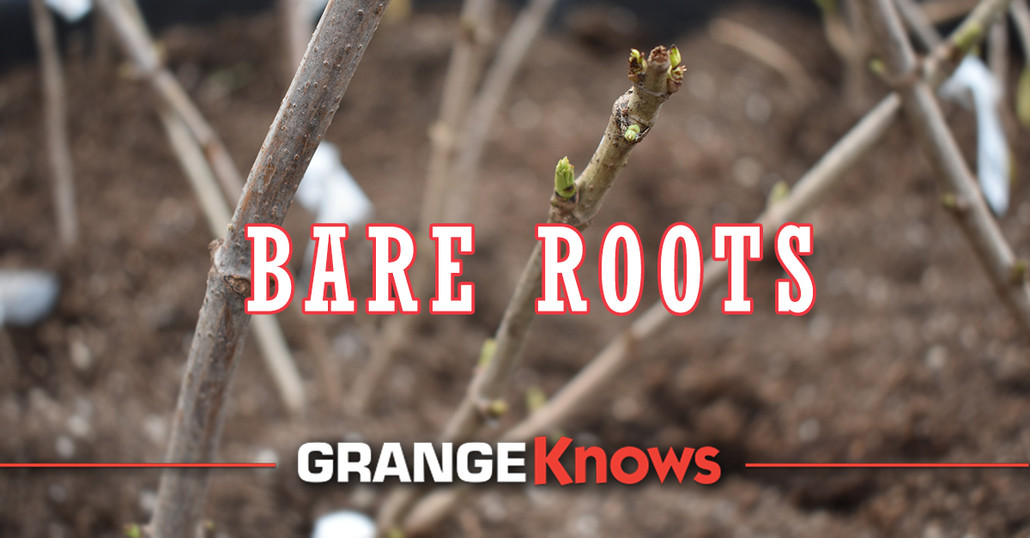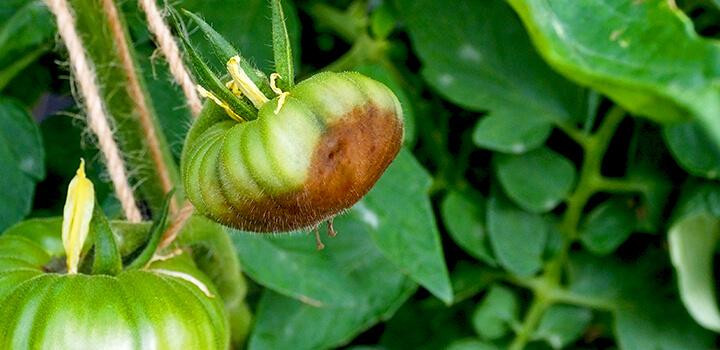Posted by Grange Co-op on 19th Feb 2019
The Importance of Equine Care during Cold Weather
Spring is fast approaching, but with the cold nights we are still experiencing, spring feels so far away. No matter if you bundle your horses in blankets or just provide some sort of shelter for them, you still need to watch how the cold weather is affecting them.
With the cold weather, horses tend not to drink as much water as they normally would on a warmer day. Make sure they have a… Read more
Posted by Grange Co-op on 12th Feb 2019
EARLY SPRING LAWN CARE
February in the Pacific Northwest may not show signs of warming temperatures, but if you look closely, you may spot the early growth of crocuses, daffodils, helleborus, or even pansies. The ground is beginning to warm, which means your lawn is beginning to wake up. During this time, your grass will be hungry! It needs feeding in order to strengthen its roots and launch into the growing season. Early spring is the ideal… Read more
Posted by Grange Co-op on 28th Jan 2019
Did you know many of your favorite trees, shrubs, roses and perennials are available as bare root plants? In this GrangeKnows article, we’ll provide simple tips and maintenance on bare root success. “Bare roots” simply means the plants are dormant and shipped without soil. Not all plants can handle being without soil for extended periods of time, but those that can, are often some of the best bargains in gardening.
Health and Growth… Read more
Posted by Grange Co-op on 16th May 2018
WHAT IS BLOSSOM-END ROT?
One common, yet avoidable problem gardeners face is blossom-end rot. This water-soaked spot at the blossom end of tomatoes, peppers, squash, cucumber, and melon fruits is not a fungus or a contractible disease, rather it is a symptom of calcium deficiency.
Blossom-end rot becomes even more prevalent when the growing season starts out wet and then becomes dry when fruit is setting. The fluctuation of moisture reduces t… Read more




